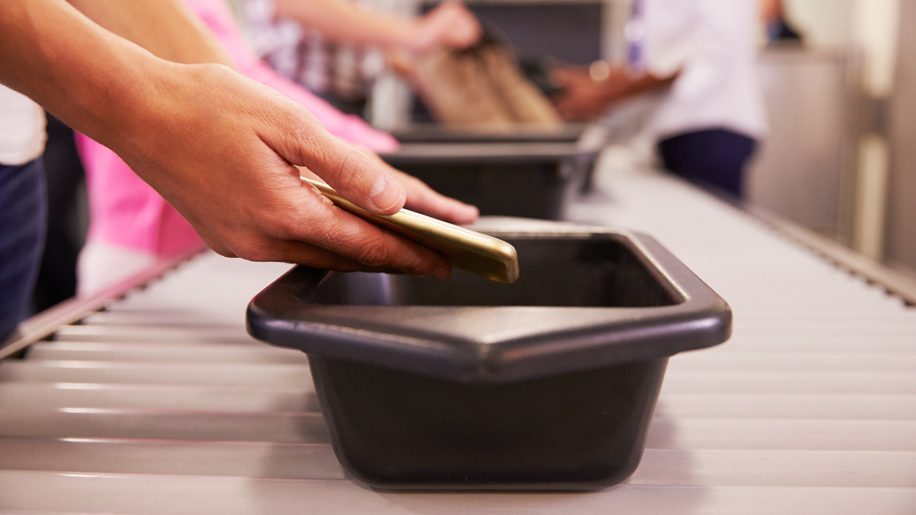
The U.S. has scrapped plans to allow for inflight mobile phone calls with The Federal Communications Commission maintaining a ban on mobile phone use during flights.
Hopes faded for always-connected travellers after the Commission announced it would end regulatory proceedings for mobile services onboard aircraft. The plan would have seen the introduction of inflight mobile phone calls and data service above 10,000 feet.
Citing strong opposition from airline pilots and flight attendants, who argued there were significant safety and national security implications, the FCC said in a filing it could not “determine any reasonable solution that would strike an appropriate balance of competing interests.”
First proposed by the FCC in 2013, inflight phone use has been a subject of intense debate. Tom Wheeler, chairman of the FCC at the time, said there were “no technical reasons to prohibit such technology to operate.”
Shortly after the Trump administration took office, however, current chairman Ajit Pai voiced his opposition to the commission’s proposal.
Travellers’ opinions are equally divided despite the potential benefits for businesses.
In a 2018 survey of 8,000 travellers, the majority of respondents from countries such as France, Germany, Japan, the UK, and US, were opposed to allowing mobile phone use during flights, according to Bloomberg, referencing market research company Nielsen. As many as 89 per cent of Americans said they were opposed, citing potential nuisance and disturbance.
By contrast, 73 per cent of Indian travellers and 70 per cent of Chinese travellers would like to see the ability to make inflight calls. The global average in favour stands at 51 per cent, reported Travel Agent Central.
While the ban will be maintained, existing FCC regulations do not cover Voice over Internet Protocol, according to Business Insider, referencing the US Department of Transportation. However, most airlines do not allow the use of VoIP applications such as FaceTime, Skype, and WhatsApp via inflight wi-fi.











